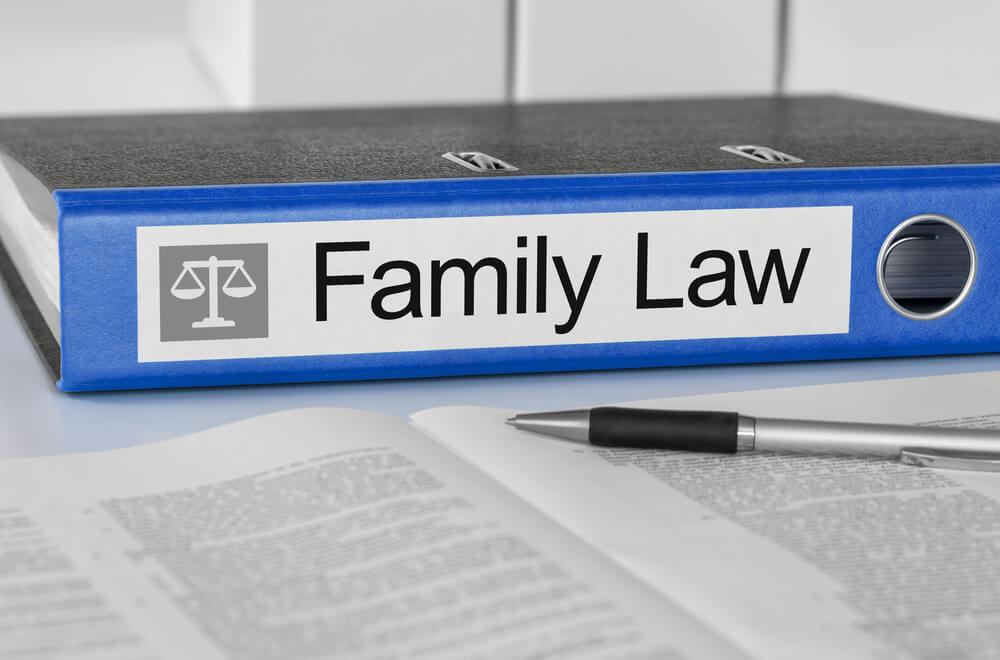More and more it would appear Courts are allowing children to determine if their relationship with a parent continues or the extent of that relationship, children are the arbiters in many contact and residence cases. Judges and CAFCASS will at times allow the snapshot wishes and feelings of children given to a Family Court Adviser to become binding, the needs of the children become secondary.
The Voice of the Child campaigners are vocal and determined to make children take the responsibility for decisions. They have little regard or understanding of the pressures already put on many children by parents and families which increases substantially when adults believe the child’s voice is determinative.
This despite the acrimony between parents or hostility from a parent directed at the other which the children are aware of. In homes where there is hostility (directly or indirectly passed to children) from the primary carer towards the other parent, it is indisputable that the vast majority of children will fall in line with that parents views.
Many times this overt hostility is early on in the Court proceedings or before but the primary carer then for appearances sake later changes to the ‘If s/he wants to see their other parent its fine by me’ or even ‘I’ve tried all I can to persuade him/her to go to contact’ – However, the child knows their parent does not really want them to go to contact and continues to try and please that parent by doing what they know s/he really wants. Putting that parents selfish wants before the child’s own needs.
Yet children’s snapshot views which are tainted by such an environment are used by plenty of Judges and Family Court Advisers to justify minimal or no contact. This shifting of responsibility onto children who are not in a position to determine whether they should or should not have a relationship with a parent or the extent of contact/residence schedule, is a terrible burden on children although they will not fully understand this until much later in life.
Children’s wishes and feelings are helpful and should be taken into consideration but they must not be elevated to absolve Courts from making Orders that children need.



